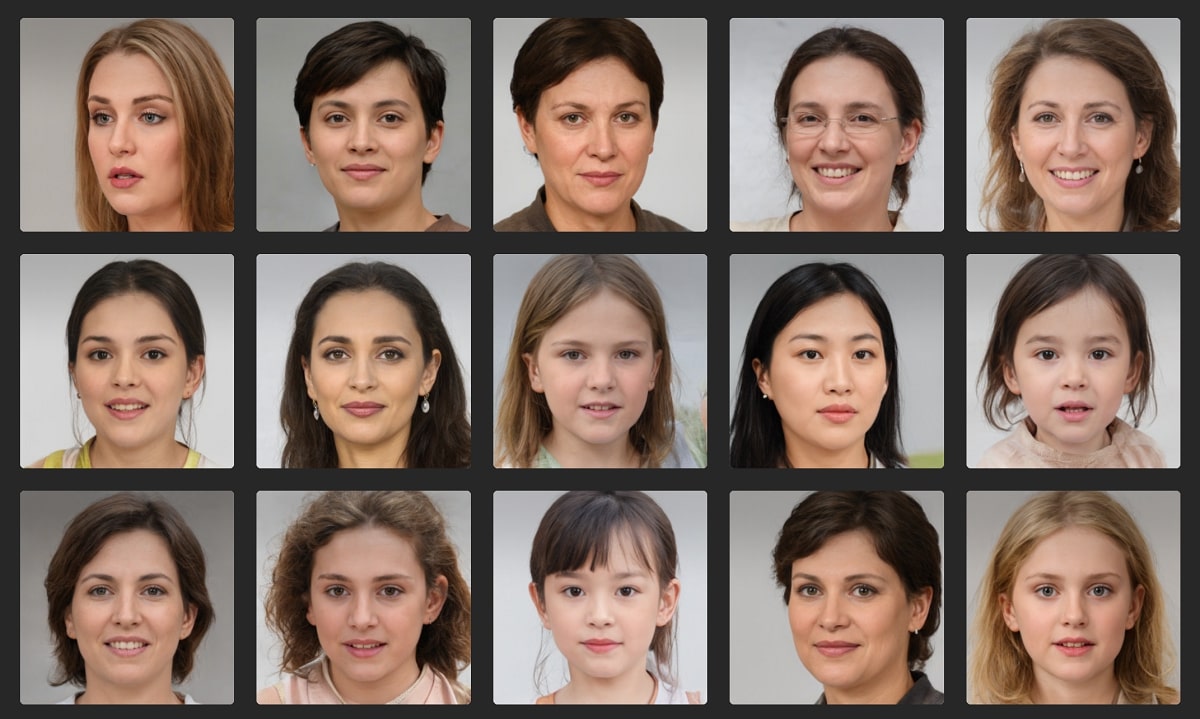Technology is always changing to reflect the rich fabric of human diversity in a world that values inclusion and diversity. Artificial intelligence (AI) has shown to be a useful tool in this journey. One of its most intriguing uses is in the development of inclusive face generators. By accurately representing the wide range of human identities and characteristics, these tools have the potential to create a more equitable and inclusive digital environment.

The creation of AI-powered face generators is not without difficulties, though. Conventional algorithms developed using unbalanced datasets frequently reinforce preexisting biases, which results in the underrepresentation of particular genders, age groups, and ethnicities. This can have serious repercussions, including limiting diversity in a variety of fields like marketing, entertainment, and even scientific research, and strengthening negative stereotypes.
Notwithstanding these difficulties, AI presents a special chance to resolve these problems and produce face generators that are genuinely inclusive. Here are a few encouraging methods:
1. Establishing a Broad Base of Data: The fuel that powers AI algorithms is data. In order to guarantee that their models are trained on representative samples, developers can actively gather and curate a variety of datasets that cover a broad spectrum of human features. In order to collect data in an ethical and responsible manner and guarantee the inclusion of historically underrepresented groups, this important step necessitates collaboration with diverse communities and organizations.
- Reducing Algorithm Bias:Scientists are constantly creating new algorithms and methods expressly meant to reduce algorithmic bias in artificial intelligence systems. Among these methods are:
• Fairness-aware learning techniques: These techniques specifically incorporate fairness standards into the learning procedure, motivating the model to pay attention to pertinent characteristics rather than biased data. - Data augmentation: This method adds diversity to the training set by modifying preexisting data. One way to lessen biases in the original dataset is to artificially generate more faces with distinct features.
- Empowering Users with Control and Transparency:It’s critical that face generation tools incorporate user control and transparency. To ensure that the generated faces accurately reflect their desired representation, users should find it easy to select and customize various features. Skin tone, facial features, hair texture, and style are examples of these features. Transparency in the training and operation of the AI model can also promote accountability and trust. AI can prevent damaging stereotypes from being reinforced and foster a more inclusive user experience by giving users the ability to govern how they are represented.
- Beyond just producing lifelike avatars, inclusive face generators have a great deal of potential application. These tools can: Encourage inclusivity in creative fields: By ensuring that a variety of voices and identities are faithfully portrayed in advertising, films, and entertainment, inclusive face generators can help to create a more inclusive cultural environment.
Promote Scientific Research: By using a variety of face generators, psychologists and neuroscientists can investigate how people perceive and behave in a wider range of demographic contexts, producing more thorough and broadly applicable results. - Empower People: By making it simple for people to design customized avatars or representations that accurately capture their individual identities, these tools can empower people. This can help to promote a feeling of self-expression and belonging in educational environments, social media platforms, and virtual communities.
Researchers, developers, and the community at large must work together to create face generators that are truly inclusive. AI has the potential to significantly contribute to the development of a more diverse and representative digital landscape through tackling the issues of bias, encouraging ethical data collection methods, and putting inclusive design principles into practice. AI technology has great promise for the future as it develops because of its capacity to promote inclusivity and recognize the diversity of humanity.
